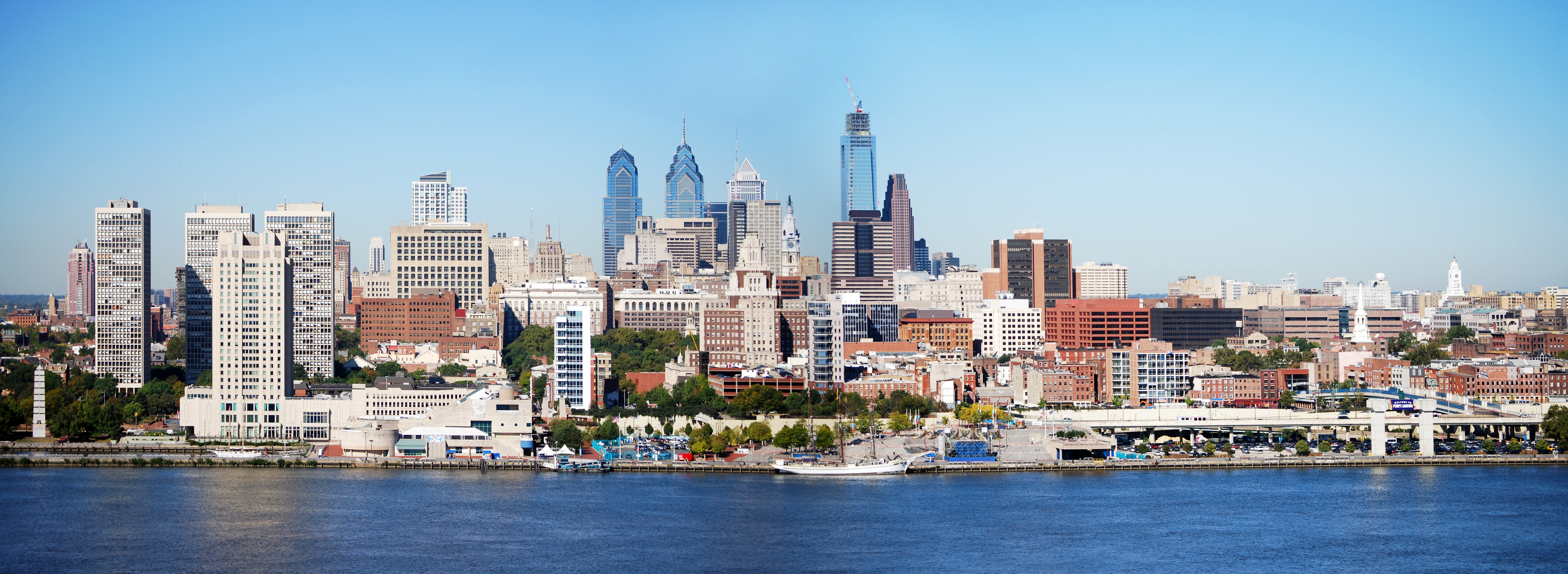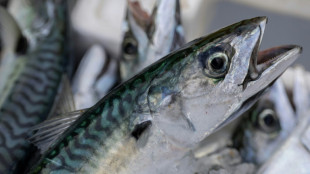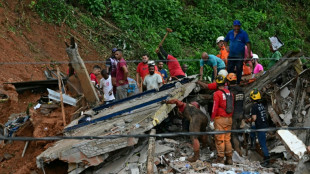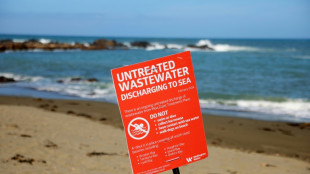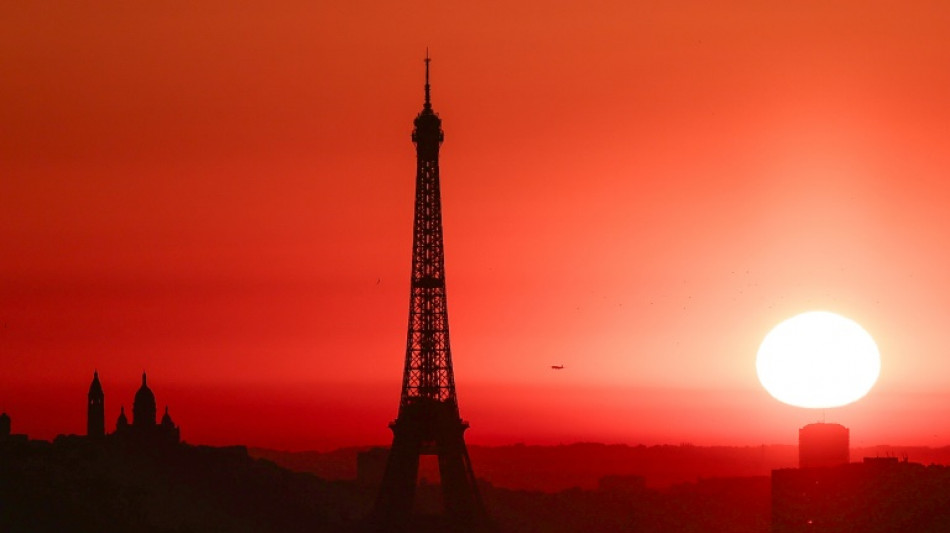

Europe must step up efforts to protect environment: report
Europe is a world leader in the fight against climate change but must do more to protect its environment and improve its resilience against global warming, the European Union's environment agency warned on Monday.
"Significant progress has been made in reducing greenhouse gas emissions and air pollution, but the overall state of Europe's environment is not good," the European Environment Agency (EEA) said in a statement as it presented its latest report on the issue.
The climate assessment comes after EU member states at a UN climate summit last week were unable to present a formal 2035 plan to further slash greenhouse gases due to disagreements among its 27 member states.
The bloc is also unable to agree on an ambitious proposal from the European Commission to reduce emissions by 90 percent by 2040 from 1990 levels.
EU greenhouse gas emissions have dropped by 37 percent since 1990, well ahead of other major polluters like China and the United States, thanks to the reduced use of fossil fuels and the doubling of renewable energy since 2005.
But EU countries must "step up implementation of policies and longer-term sustainability-enabling actions already agreed to under the European Green Deal", which was adopted during the European Commission's previous mandate, the EEA said.
The continent's nature "continues to face degradation, overexploitation and biodiversity loss", noted the EEA, which compiled data from 38 countries across the continent for its report.
Water in particular is an increasingly scarce resource, and land is over-exploited.
Some 81 percent of protected habitats are in poor or bad condition, 60 to 70 percent of soils are degraded, and 62 percent of water bodies are not in good ecological condition, the report said.
Climate change exacerbates water scarcity, but the EEA said it was possible to save up to 40 percent of water in agriculture, water supply and energy through better governance, technological innovation, water reuse and public awareness.
The impacts of climate change represent a growing challenge, it stressed.
Many of the effects are indirect, causing damage to infrastructure and ecosystems or leading to price increases, among other things.
Most buildings in Europe were not designed to withstand heat, the EEA said, noting that 19 percent of Europeans are not able to maintain a comfortable temperature in their homes.
The frequency of extreme heatwaves is increasing, yet only 21 of the EEA's 38 member countries have health action plans for heatwaves, the agency noted.
- Financial toll rising -
In general, extreme weather and climate events -- such as heatwaves, floods, landslides and wildfires -- have caused over 240,000 deaths between 1980 and 2023 in the 27 EU countries.
The financial toll of these events continues to mount.
Average annual economic losses were 2.5 times higher between 2020 and 2023 than during the 2010-2019 period.
In 2023, the financial toll of floods in Slovenia amounted to 16 percent of the country's GDP.
The agency called on Europe to adapt its societies and economy.
"Human survival depends on high quality nature, particularly when it comes to adaptation to climate change," Catherine Ganzleben, head of the EEA's Sustainable and Fair Transitions unit, told reporters at a briefing.
"So, sustainability is not a choice, it's a question of when we do it. Do we do it in the short term and start now, or do we park it, in which case it's going to be harder and the costs of inaction will be higher?," she added.
Preventing pollution reduces the number of deaths and illnesses and their harmful consequences.
When it comes to air pollution, the number of deaths linked to fine particulate matter exposure has significantly decreased, dropping by 45 percent between 2005 and 2022.
S.Phillips--PI
